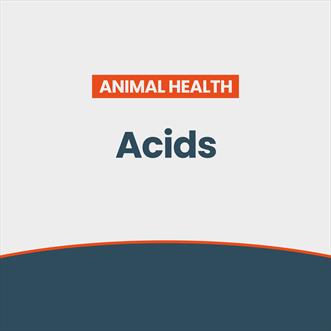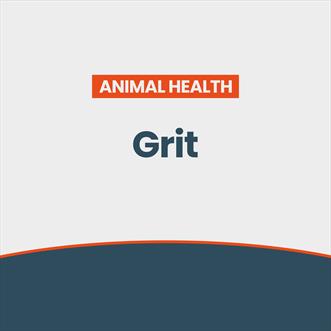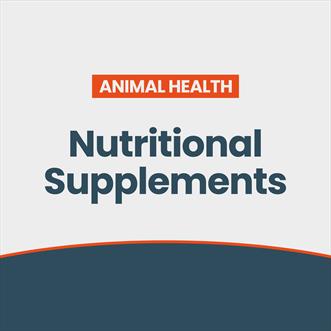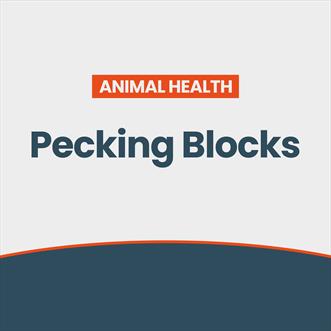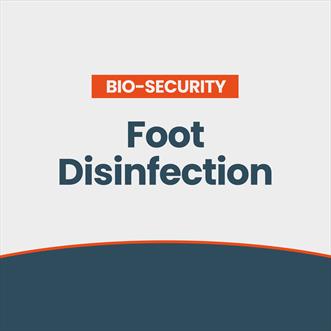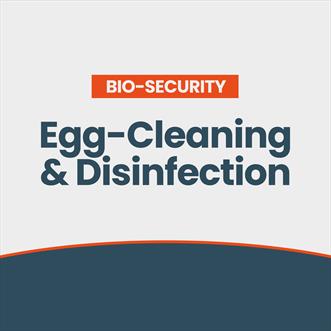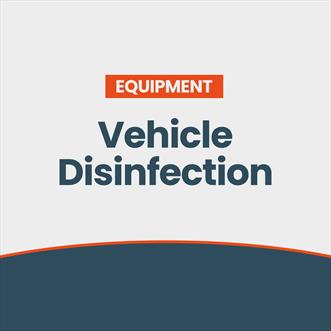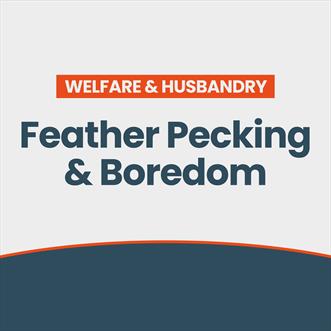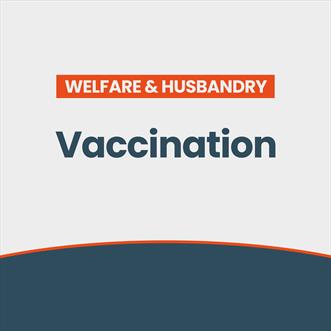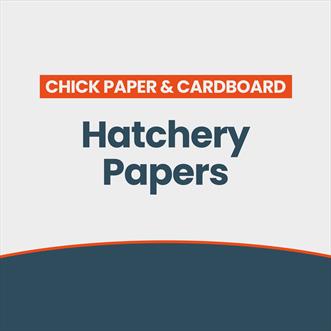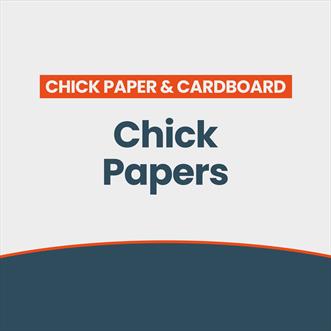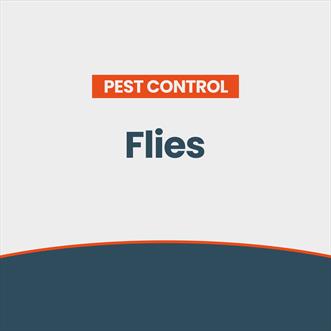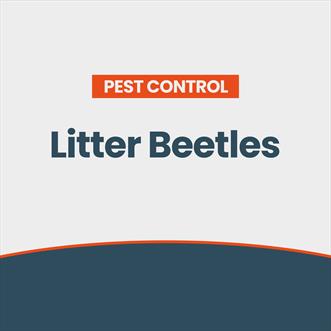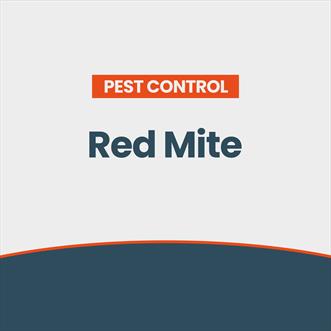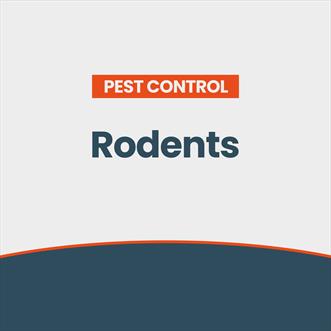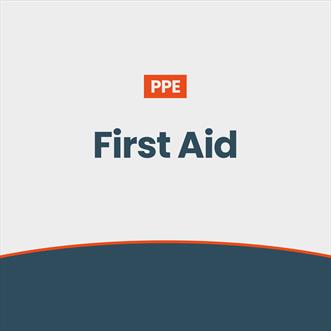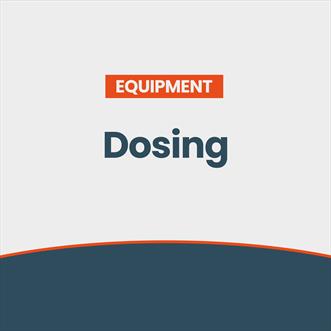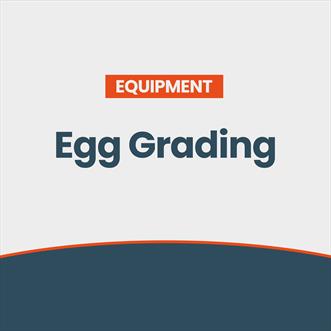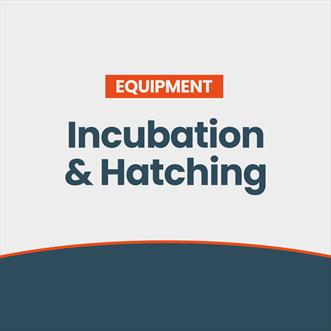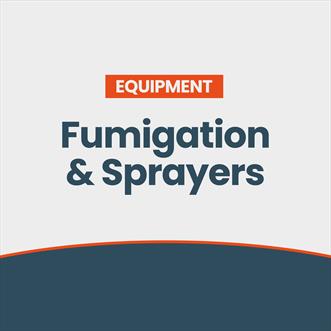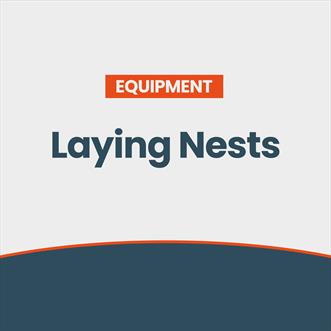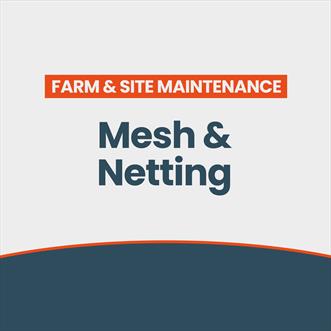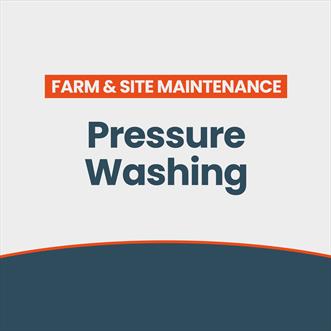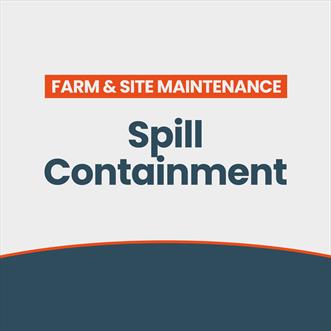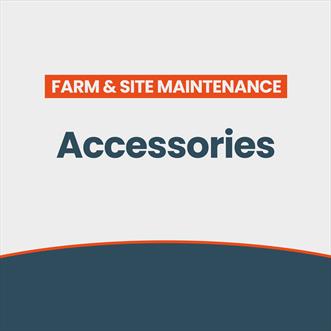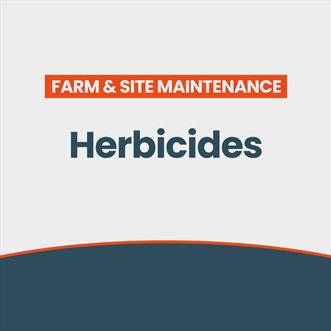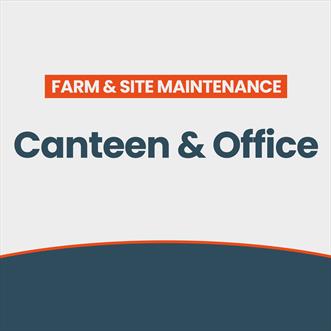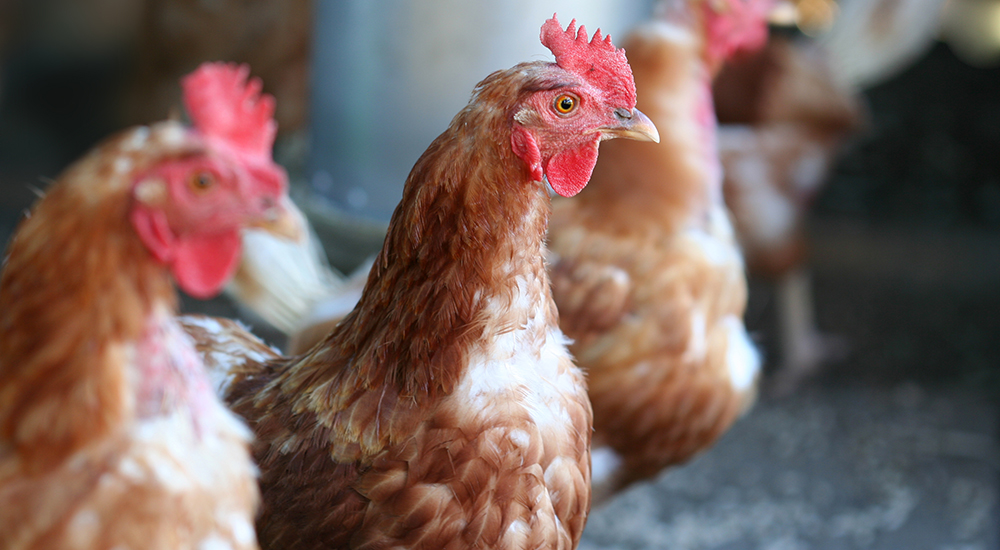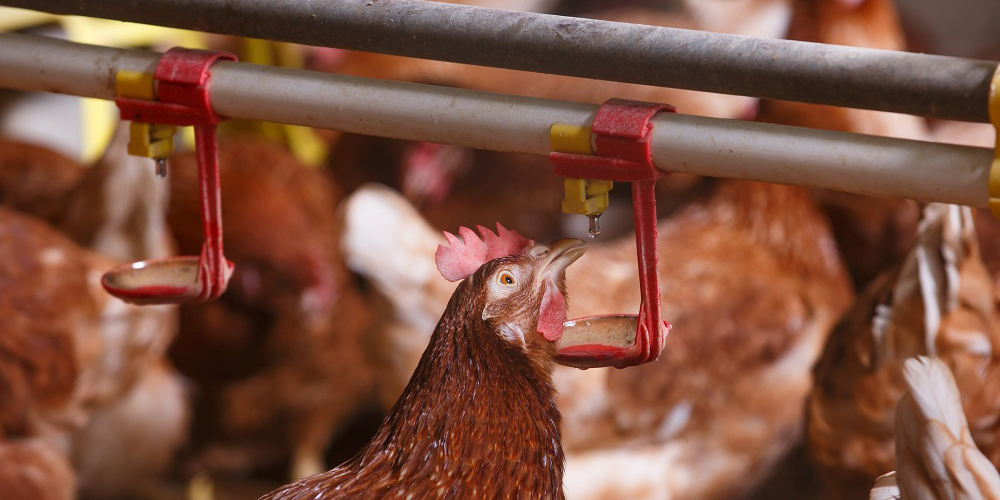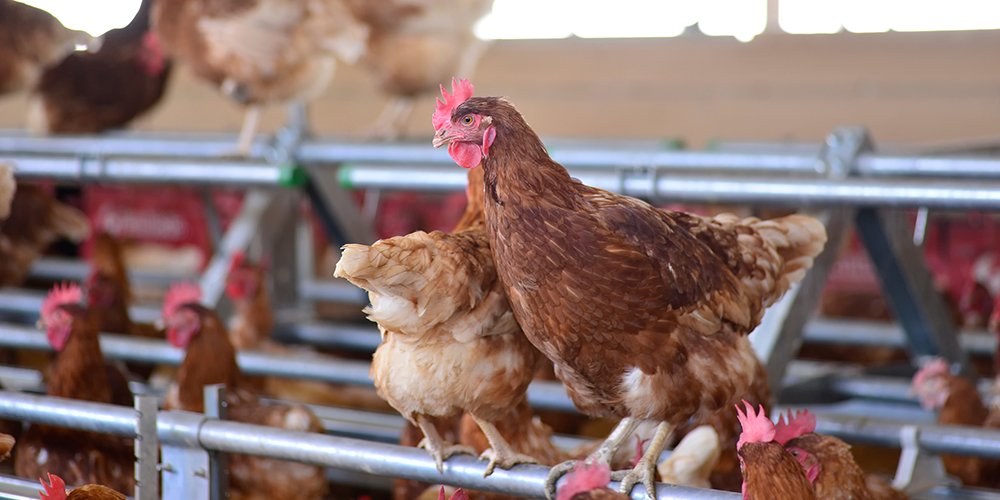Not removing birds that may become targets
If sick, injured or underweight birds are not removed promptly, they are likely to be attacked, and once blood is drawn a full-blown attack can occur. In layers, a prolapse of the uterus can also attract attention. When the uterus is exposed for a period of time, other birds will see it and pick at it out of curiosity. Once they pick at the uterus it bleeds and the picking quickly progresses to cannibalism.
Feeding
Limited access to food and/or water, or inadequate feeding space or equipment failure, can lead to competition for resources and cannibalistic behaviour. If the flock does not have adequate food and water, they will compete over the limited supplies, leading to pecking. In addition to this, if birds are hungry, they will look for other ways to satisfy their nutritional needs – feather pecking and cannibalism.
Nutrition
Fast growing, high yielding birds require optimum levels of nutrition. It is thought that a deficiency in protein can make birds hungry for feathers and blood, as feathers are a source of protein. Protein plays a significant role in growth, egg production, immunity and many other biological functions – it is essential to a bird’s health. A poor plumage can be an indication of an unhealthy bird, and any obvious signs of weakness in the flock combined with a craving for protein can easily lead to pecking and cannibalism.
However, it is not necessarily a question of adding more protein to the diet but rather of ensuring that the protein already present in the feed is adequately absorbed. Lack of protein can often be caused by deficiencies elsewhere in the diet, which either affect the appetite of the bird or its ability to absorb protein from its feed. Cannibalism has been linked to a lack of sodium, phosphorous and essential amino acids such as methionine.
A shortage of sodium can affect appetite and vitality, and phosphorous plays a key role in carbohydrate metabolism, fat metabolism and the regulation of acid-base balance in the body. Methionine is essential for protein synthesis – if it is not present in sufficient quantities, protein synthesis in the bird is limited – hence methionine being called a ‘limiting amino acid’.
Preventing outbreaks
One of the methods poultry farmers have traditionally used to limit the damage that birds could inflict on each other was beak trimming. However, the practice of beak trimming is becoming obsolete in the UK, either because of anticipated legislation banning it or because of codes of practice in potential export countries. This makes prevention of outbreaks of cannibalism even more important than before.
Keeping a close eye on flocks
Well managed, well-fed flocks are less likely to suffer from outbreaks of cannibalism. At the first signs of illness, birds that may become targets should be removed. If a bird has been pecked, it should be isolated or it can be sprayed with a pecking deterrent such as Scarper Stop.
Optimum nutrition
Optimum nutrition sets a flock up for success, and an amino acid/mineral supplement can help your flock to extract maximum benefit from its regular feed, keeping it happy and healthy. The supplement can be used as a cost-effective boost at specific times of stress or at the first signs of unrest in a flock. Interhatch has a range of supplements to choose from:
- Agrivite Hepatix is a unique combination of amino acids, including methionine, which stimulates digestion and appetite by increasing the activation and secretion of digestive enzymes. It also acts as a hepatic regulator to prevent fatty liver disease.
- Agrivite Vitamix-A contains a broad spectrum of vitamins and amino acids to support nutritional balance during times of stress, early growth and development, especially where there is an amino acid imbalance or deficiency.
- Agrivite Solulyte is a nutritional aid which replaces electrolytes and body salts in the bird. It is especially useful at times of stress, being moved from one area to another and when dealing with challenging heat situations.
- Agrivite Hydro-D3 is an activated vitamin D3 metabolite which regulates calcium and phosphorus absorption, giving your flock a phosphorous boost.
Every flock is different and the needs vary according to place in the life cycle and environmental factors, so we recommend speaking to one of our experts in order to choose the best supplement for your circumstances.
Setting a flock up for success
You cannot entirely eradicate cannibalism in flocks and outbreaks will always occur, however well you manage your flock. Cannibalism obviously affects the health and performance of your flock, but is also an upsetting phenomenon to witness and deal with. It is important to take measures to help prevent it and to nip it in the bud when it starts happening. Good nutrition, a low-stress environment, and spotting the early signs of pecking are the key building blocks to keeping outbreaks to a minimum.

